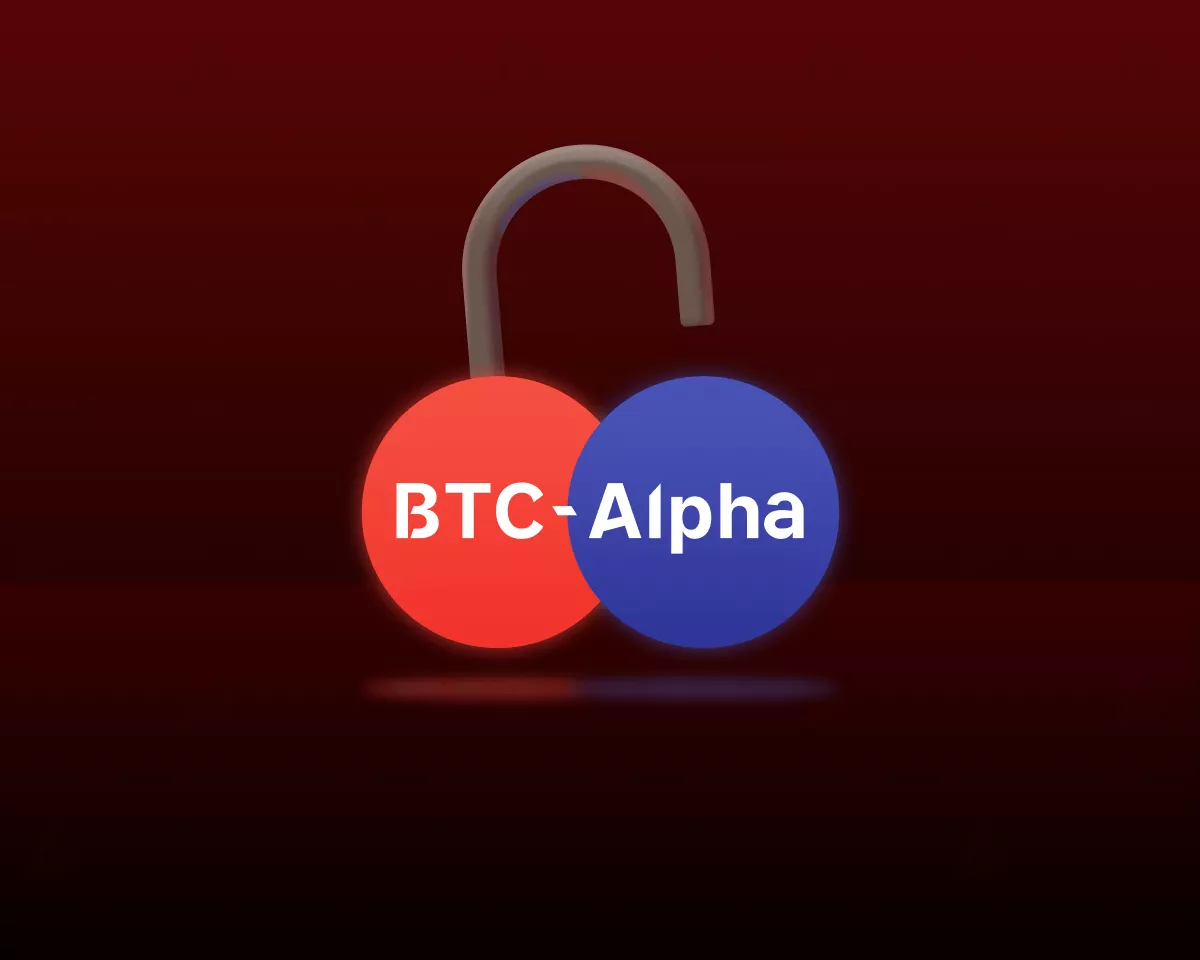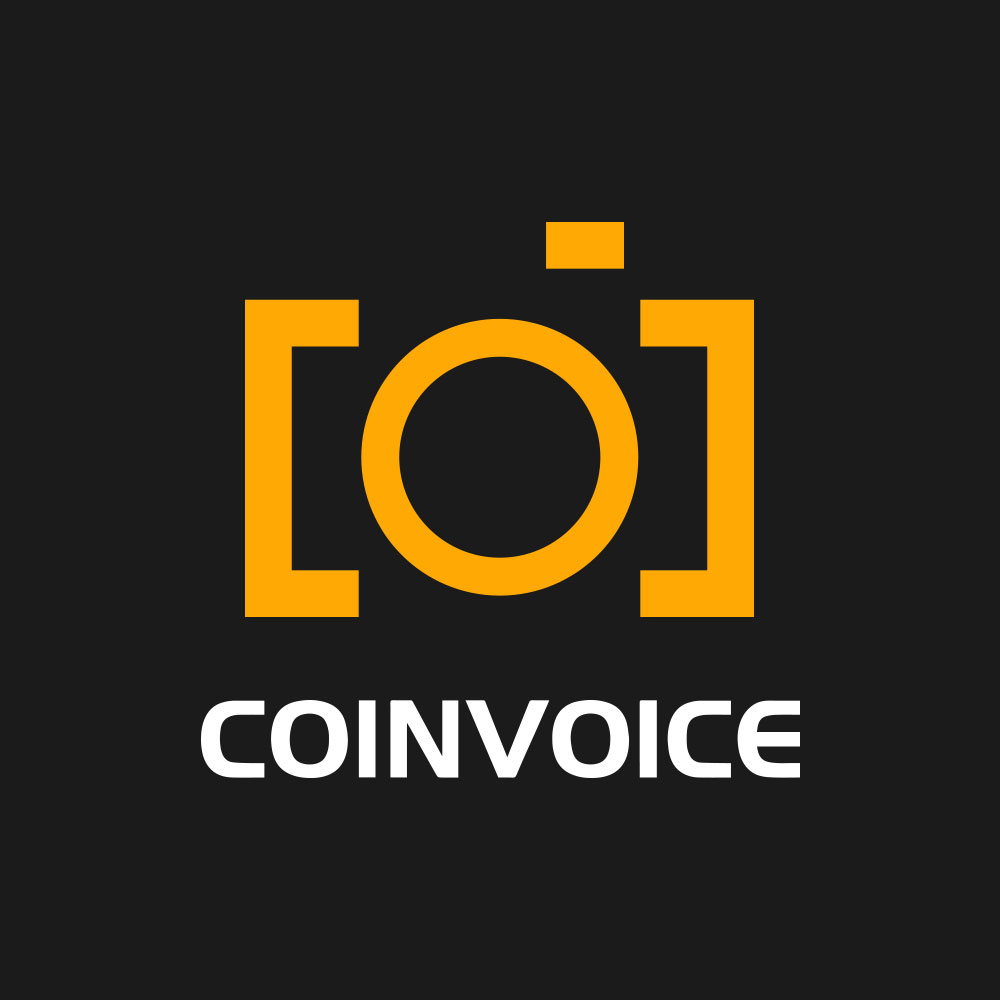By the end of this month, the House of Representatives is going to vote on a major bill (HR 4763) — one that we think you should pay attention to.
It’s called the Financial Innovation and Technology for the 21st Century Act aka FIT21, and it could make regulating crypto in the U.S. much clearer for everyone working in the industry. If this bill passes, it should:
- give blockchain projects a pathway to safely and effectively launch in the United States;
- clarify the line between the SEC and CFTC on who regulates what in crypto, and whether digital assets are a security or a commodity;
- ensure oversight of crypto exchanges, and further protect American consumers by implementing rules on crypto trading.
We share more on the big picture for why this all matters below — also so you can share with others! — but first…
What's in the bill?
The FIT21 bill/ HR 4763 establishes a regulatory framework for U.S. digital assets markets to:
…Address the unique structure of digital assets;
…Provide for clear, robust consumer protections;
…Clarify which digital assets are regulated by the Commodity Futures Trading Commission (CFTC) and which by the Securities and Exchange Commission (SEC). This is important because of the key differences between the definitions of “commodities” vs. “securities”, which have consequences for how they are regulated.
- The CFTC would regulate a digital asset as a commodity “if the blockchain, or digital ledger, on which it runs is functional and decentralized”.
- The SEC would regulate a digital asset as a security “if its associated blockchain is functional but not decentralized”.
The bill defines decentralization as, “if, among other requirements, no person has unilateral authority to control the blockchain or its usage, and no issuer or affiliated person has control of 20% or more of the digital asset or the voting power of the digital asset”.
The bill also establishes other consumer protection requirements such as segregation of customer funds; lock-up periods for token insiders (to incentivize innovation not just speculation); limitations on annual sales volumes; and disclosure requirements.
These are not unlike the protections regulators implemented following the Great Depression, after the excesses of the roaring 1920s and stock market crash of 1929 — once those guide rails were in place, the U.S. saw an unprecedented era of growth and innovation in our markets and economy.
What's not in the bill
Some within the industry have voiced concern that the bill gives the SEC too much jurisdiction by providing a very high bar for decentralization — as well as the ability to claw back any tokens or projects that become “re-centralized”. There are other concerns that the bill doesn’t provide harder lines between SEC and CFTC jurisdiction.
However, the bill, while not perfect, will give the crypto industry the regulatory certainty it needs to continue to operate — and innovate — in the United States.
Some have asked, why have any regulation at all? It’s unrealistic to think there can be no regulation, and more clarity is better than having confusing rules. Regulation, along with a clear path to compliance for businesses, allows innovators to build trust with, and useful products for, the public — while holding any ill-intentioned actors more accountable.
Who is behind the bill?
The FIT21 bill was a joint effort by the House Committee on Financial Services (which oversees the SEC) and the House Committee on Agriculture (which oversees the CFTC) — with input from the industry. Last July, the bill was passed out of the Financial Services Committee with the support of six Democrats and all Republicans on the committee, while passing by unanimous consent through the Agricultural Committees. It has continued to garner bi-partisan support since.
Why now, and what can you do to help?
Happening in the next couple weeks, the vote on the bill will be a referendum on crypto in the United States.
It’s therefore imperative it passes with strong bipartisan support. After that, it would need to be passed by the Senate and signed by the President to become a law. So, we’re at a critical juncture now. To do your part, we urge you to contact your local representative via Stand with Crypto’s portal: see email copy/ form here.
Why it matters, the big picture:
Even though the crypto industry has been around for over a decade, there hasn’t been a comprehensive regulatory framework for digital assets in the United States. Our current regulatory framework is fragmented, incomplete, and lacking in clarity. This regulatory uncertainty has not only created a confusing environment for innovation, it has created a feeding ground for bad actors. As we’ve seen, ill-intentioned firms and individuals can easily launch products that take advantage of regulatory gaps.
Meanwhile, responsible actors — legitimate entrepreneurs and startups — have been subject to dubious “regulation-by-enforcement”. This approach hurts American innovation, especially while other countries innovate, and is not good for the long-term dominance of the U.S. dollar, for U.S. consumers, and for the U.S. economy overall.
When other jurisdictions offer appropriately calibrated regulatory regimes, it leads startup activity to move abroad. This isn’t an abstract concern: Startups generate jobs, economic value, and can lead to the next big technology companies. For instance, Amazon, Apple, Facebook, Google, Microsoft, Netflix, NVIDIA, and Salesforce all started in the United States — some only within the last 20 years — and not only dominate market cap today, but our daily lives as well. With FIT21 creating a supportive environment for innovation, crypto could have the same potential — yet without creating big tech companies that act as the gatekeeping few for the many.
Whatever you think of crypto, it is more than just a financial opportunity — it represents an important technological platform shift, much like personal computing, mobile phones, and the internet changed our world. And while the internet is one of the most important technological innovations in human history, it is failing the very people who depend upon it today: consumers, creators, and developers. Blockchains, crypto, and web3 can help address this in a number of ways: from proof of authenticity against deep fakes and proof of personhood against AI, to more voice and choice in social media platforms, to more inclusive payments systems, and much, much more. But we need a supportive environment for these innovations to continue developing in the United States.

















